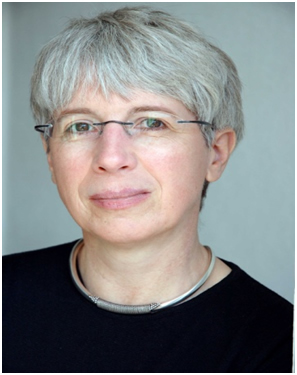清华大学2015年度人文与社会系列讲座之九
总第四十七期
Modernity, reform and self-cultivation: Islamic perspectives
现代化、变革与自我培养:伊斯兰视角

【主讲人】Prof. Dr. Gudrun Kramer(克雷默)
【主持人】汪晖 教授
【评议人】冯象 教授
【时间】2015年12月9日(周三)15:30-17 :30
【地点】清华大学公共管理学院报告厅
【语种】英文(配有同声传译)
【主办】清华大学人文与社会科学高等研究所 清华大学公共管理学院国情研究所
备注:请携带证件入场
主讲人介绍:
1981年获汉堡大学博士,现为柏林自由大学伊斯兰学系教授,柏林穆斯林文化与社会研究生院主任。研究重点为现代伊斯兰的宗教、政治与社会,著有《以色列历史》(2005)、《阿拉伯世界的反犹主义》(2006)、《巴勒斯坦史》(2008)。
讲座内容提要:
Since the late nineteenth century, Islamic reform has aimed at forming a self-confident Muslim self and reforming the Muslim community through a renewal of faith, or religion. Sunni Muslim thinkers and activists, such as the Egyptian scholar Muhammad ?Abduh (1849-1905) and Hasan al-Banna (1906-1949), founder of the Muslim Brotherhood, are among the most prominent representatives of Islamic reform in the Arab world. Self-cultivation constituted a core element of their understanding of individual and communal improvement. In their conceptual and practical efforts at implementing reform, they could draw on a rich tradition of self-reflection and renewal that goes back centuries. However, under the conditions of modernity, and colonial modernity more specifically, it has taken on specific traits, which range from the notions of self-help, thrift and industry to a careful use of time, with a strong emphasis on rational thought and active commitment to communal and even national welfare. Islamic reform can be compared to similar attempts at “self-strengthening” in the face of Western challenges, including the Chinese one. In dealing with Islamic reform and renewal in the twentieth century, my talk will also address issues of modernity, especially the debate on multiple modernity or modernities.